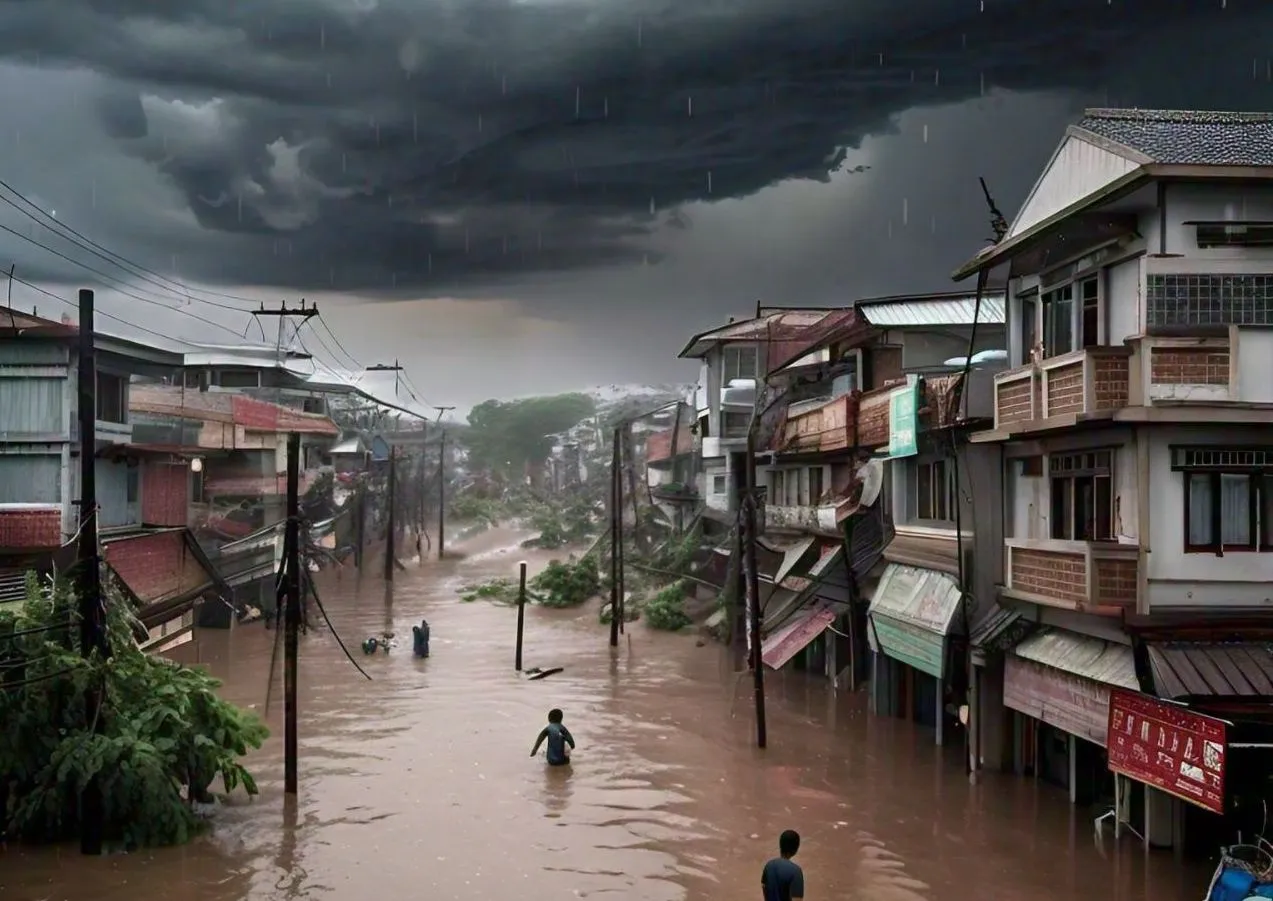In a historic advisory opinion, the International Court of Justice (ICJ) has declared climate change an “existential threat” to humanity, emphasizing that a “clean, healthy, and sustainable environment” is a fundamental human right. Delivered on July 23, 2025, at the Peace Palace in The Hague, this ruling marks a pivotal moment in international climate law, setting a new standard for global accountability and action. Led by the Pacific island nation of Vanuatu and supported by over 130 countries, the ICJ’s unanimous decision underscores the urgent need for nations to act decisively to curb greenhouse gas emissions and protect vulnerable populations.
A Defining Moment for Climate Justice
The ICJ’s advisory opinion, though non-binding, carries significant legal and political weight. It addresses two critical questions posed by the United Nations General Assembly in 2023: What are states’ obligations under international law to protect the environment from greenhouse gas emissions? And what are the legal consequences for nations whose emissions cause harm, particularly to vulnerable island states? The court’s response is clear: failing to take adequate measures to protect the climate system may constitute an “internationally wrongful act,” potentially opening the door for affected nations to seek reparations.
ICJ President Yuji Iwasawa emphasized that greenhouse gas emissions, “unequivocally caused by human activities,” have severe cross-border impacts. He described the climate crisis as “an existential problem of planetary proportions that imperils all forms of life and the very health of our planet.” This framing not only reinforces the scientific consensus but also elevates climate action to a matter of international legal obligation.
Human Rights and Climate Accountability
A groundbreaking aspect of the ruling is the ICJ’s assertion that a clean, healthy, and sustainable environment is a human right. This recognition paves the way for future legal actions, both at the ICJ and in domestic courts, to hold governments and corporations accountable for climate inaction. By linking environmental protection to human rights, the court has provided a powerful legal framework for vulnerable communities, particularly those in small island states like Vanuatu, which face existential threats from rising sea levels and extreme weather events.
The ruling also places a disproportionate responsibility on industrialized nations, which have historically contributed the most to global emissions. The ICJ emphasized that these countries must take the lead in combating climate change, aligning their national climate plans—known as Nationally Determined Contributions (NDCs)—with the Paris Agreement’s goal of limiting global warming to 1.5°C (2.7°F). This directive challenges major polluters, such as the United States, to strengthen their commitments beyond the non-binding framework of existing climate treaties.
Implications for Global Climate Policy
The ICJ’s opinion is a clarion call for stronger, legally binding measures to address the climate crisis. While the 2015 Paris Agreement set ambitious targets, its failure to curb global emissions—projected to result in over 3°C (5.4°F) of warming by 2100—has exposed its limitations. The court’s ruling rejects arguments from major polluters, including the U.S. and U.K., that existing treaties like the Paris Agreement are sufficient. Instead, it asserts that international law imposes broader obligations to protect the environment for current and future generations.
Environmental groups have hailed the decision as a turning point. Nafkote Dabi of Oxfam noted that the ruling “elevates national climate commitments everywhere” by tying emission reductions to universal human rights. Danilo Garrido of Greenpeace International called it the “start of a new era of climate accountability,” suggesting that fossil fuel production, consumption, and subsidies could now be scrutinized as potential breaches of international law. These statements reflect a growing momentum for climate litigation, with nearly 3,000 cases already filed globally as of June 2025.
The Role of Vulnerable Nations
The case, spearheaded by Vanuatu, highlights the disproportionate impact of climate change on small island and low-lying states. These nations, which contribute negligibly to global emissions, face existential threats from rising sea levels, cyclones, and other climate-driven disasters. The ICJ’s ruling validates their calls for justice, emphasizing that major polluters may be liable for reparations if their actions—or inactions—cause significant harm. This could set a precedent for future lawsuits, enabling affected countries to seek financial compensation or demand stricter emission reductions.
The ruling also aligns with recent decisions from other international bodies, such as the Inter-American Court of Human Rights, which found that countries have a duty to prevent climate-related harms as a matter of human rights. Together, these legal developments signal a shift toward greater accountability for industrialized nations and fossil fuel industries.
Challenges and Opportunities Ahead
While the ICJ’s opinion is a landmark achievement, its non-binding nature poses challenges. Some major polluters, including the United States, have historically resisted stronger climate regulations, with recent moves to roll back environmental policies under political shifts. The court’s call for “progressive” and ambitious NDCs may face resistance from governments prioritizing short-term economic interests over long-term climate goals.
However, the ruling’s legal and moral authority could inspire transformative change. It provides a framework for activists, governments, and legal experts to push for stronger domestic policies and international cooperation. The unanimous support from the ICJ’s 15 judges, coupled with the unprecedented scale of the case—marked by tens of thousands of pages of submissions and participation from over 100 countries—underscores its global significance.
Wake-up call
The ICJ’s ruling is a wake-up call for the world. It reaffirms that climate change is not just an environmental issue but a human rights crisis requiring urgent, collective action. For industrialized nations, it means accelerating the phase-out of fossil fuels and increasing financial support for vulnerable countries. For the Global South, it offers a legal tool to demand accountability and reparations. As climate impacts intensify—evidenced by events like the sinking villas in Vanuatu and wildfires in Arizona—the need for bold, equitable solutions has never been clearer.
This landmark opinion is poised to reshape climate justice, empowering communities to hold polluters accountable and urging nations to act with the urgency the crisis demands. As the world grapples with rising temperatures and extreme weather, the ICJ’s message is unequivocal: the time for action is now.
